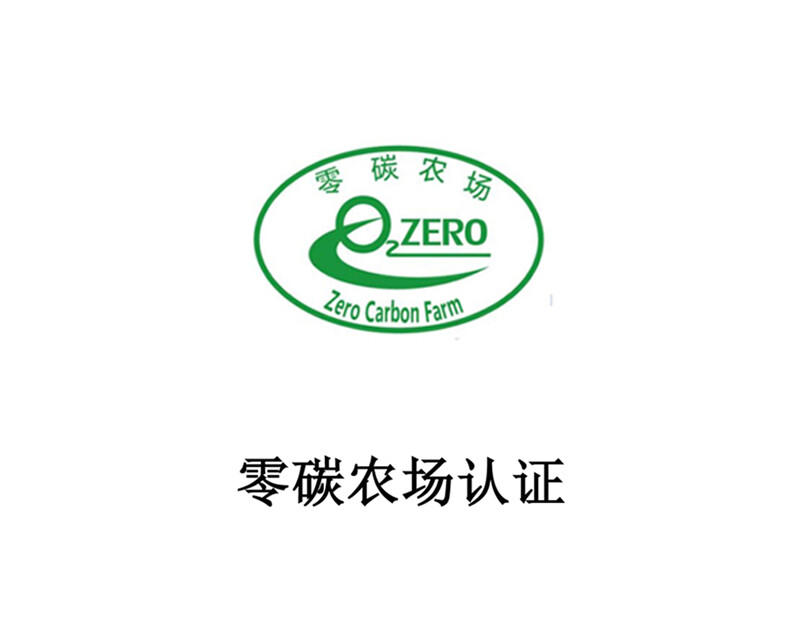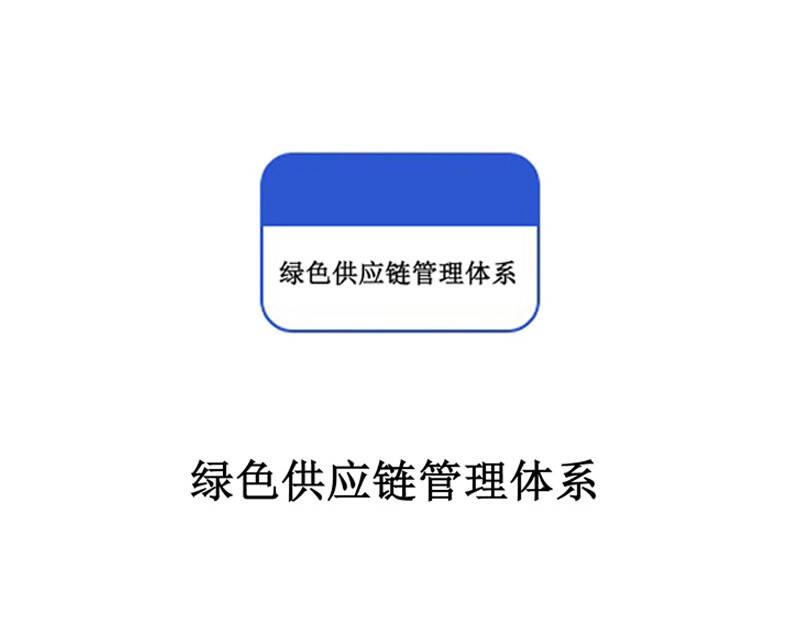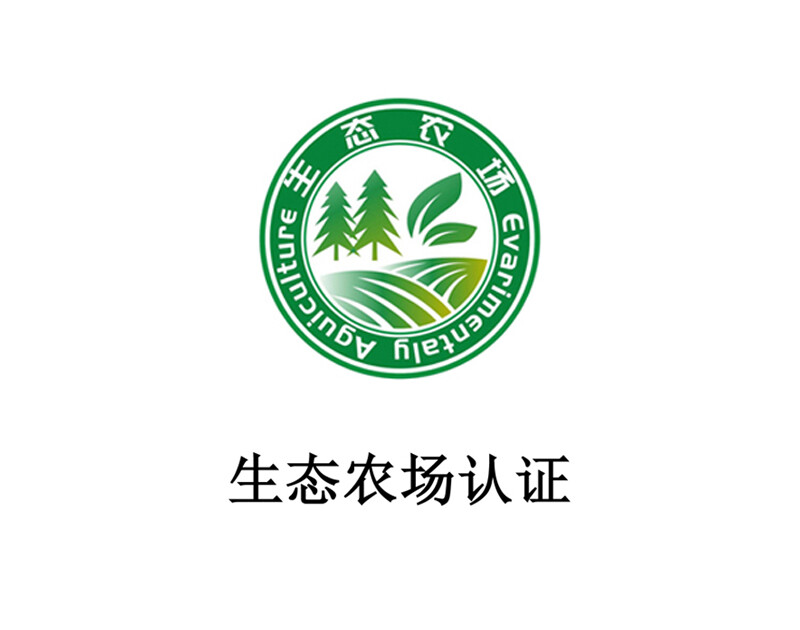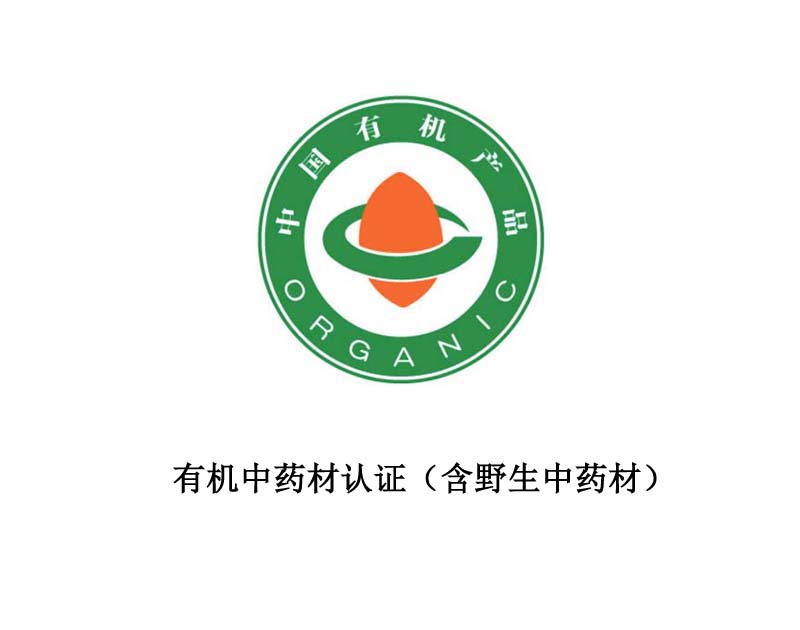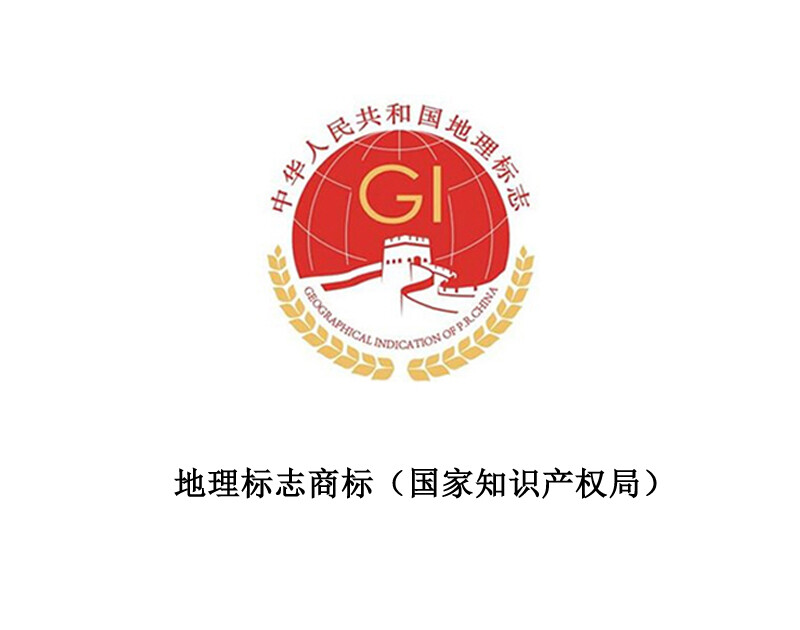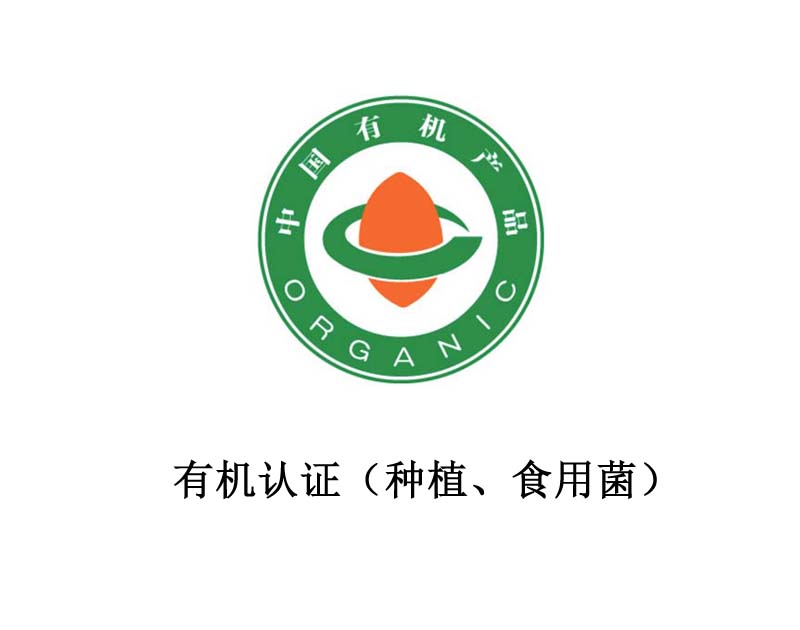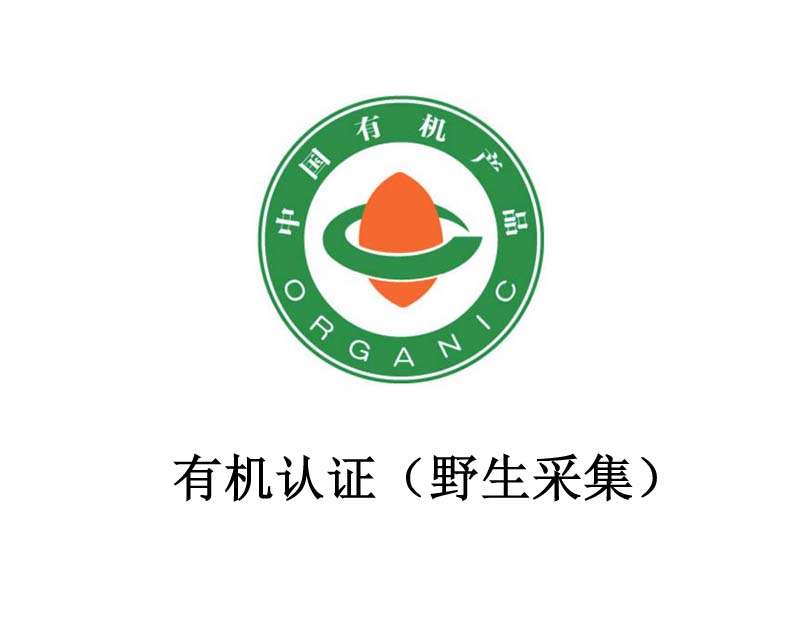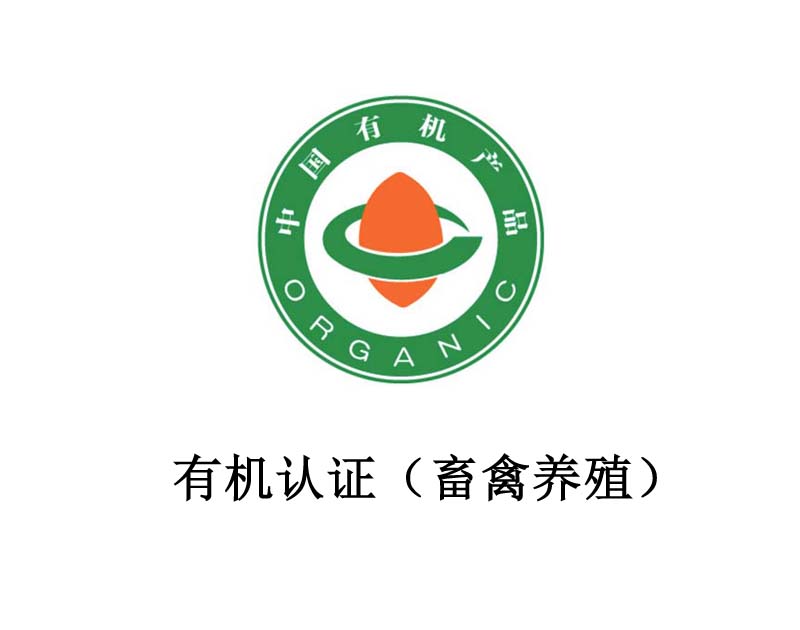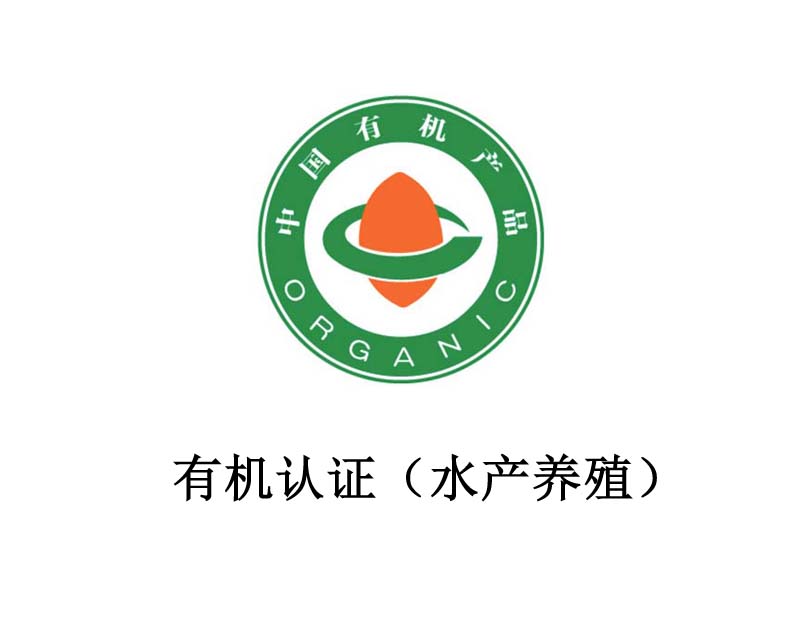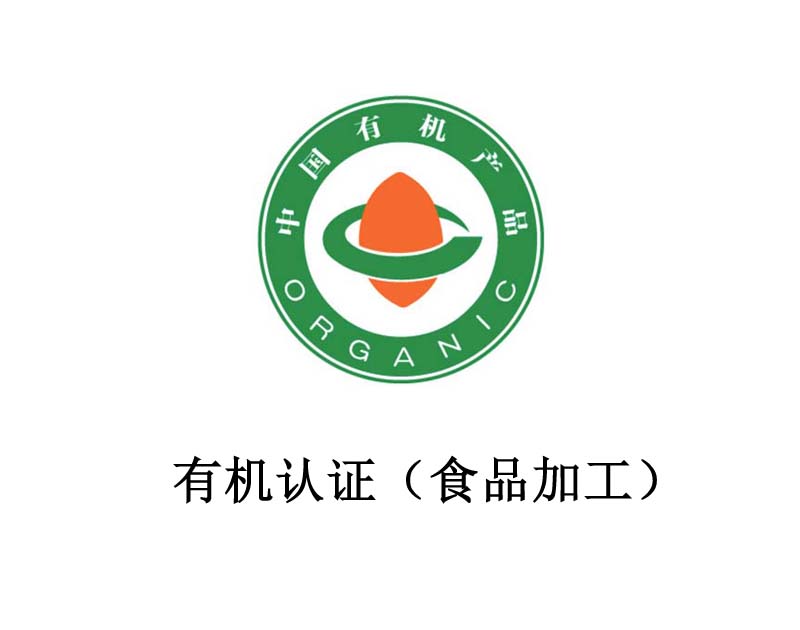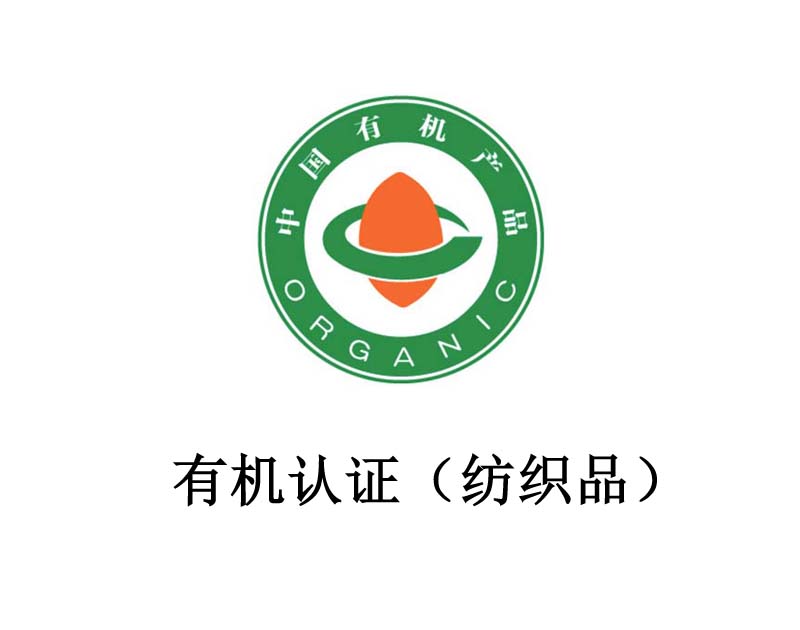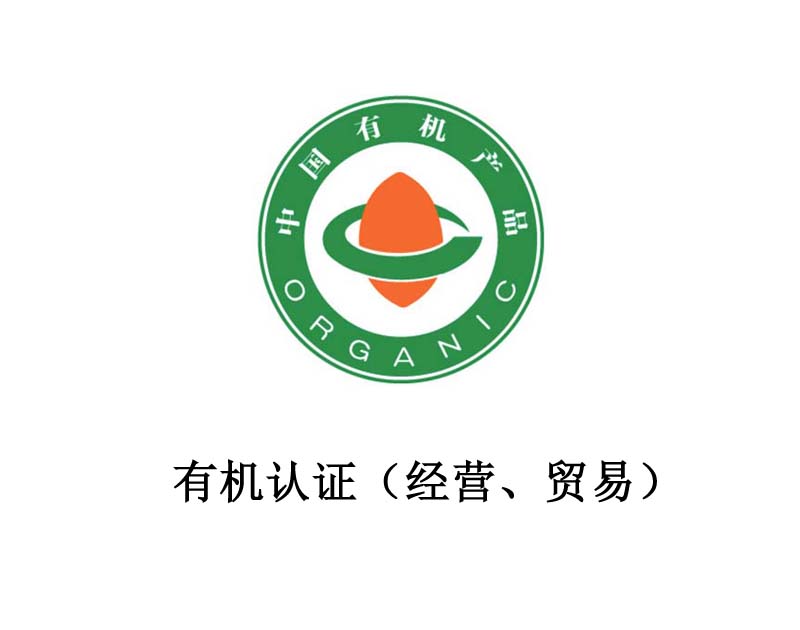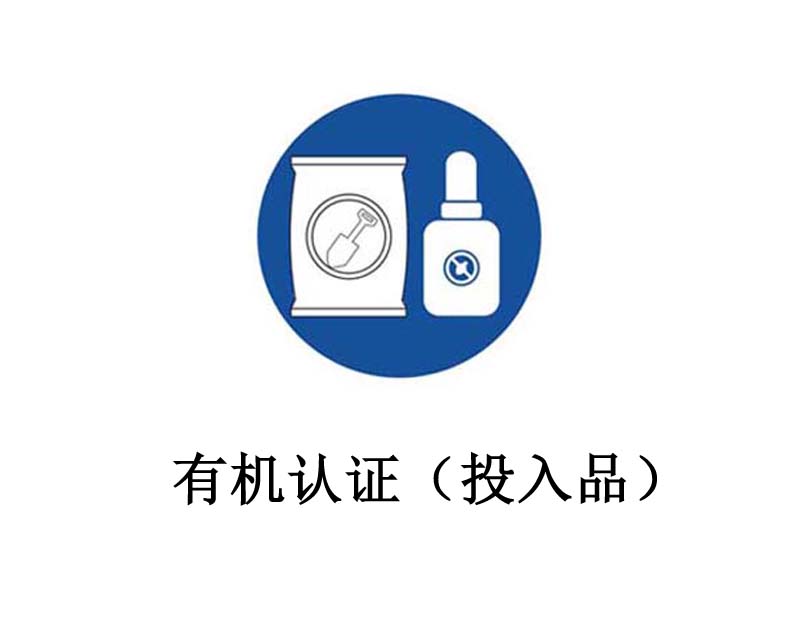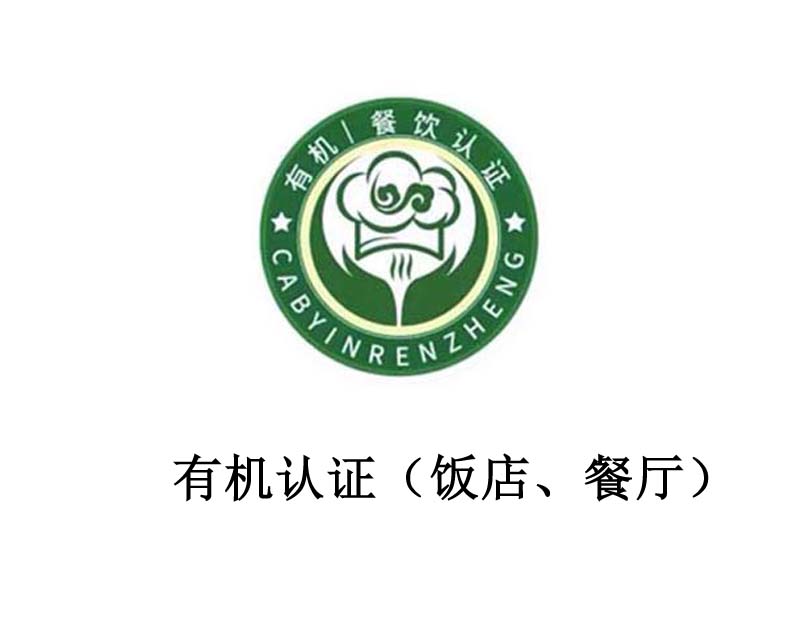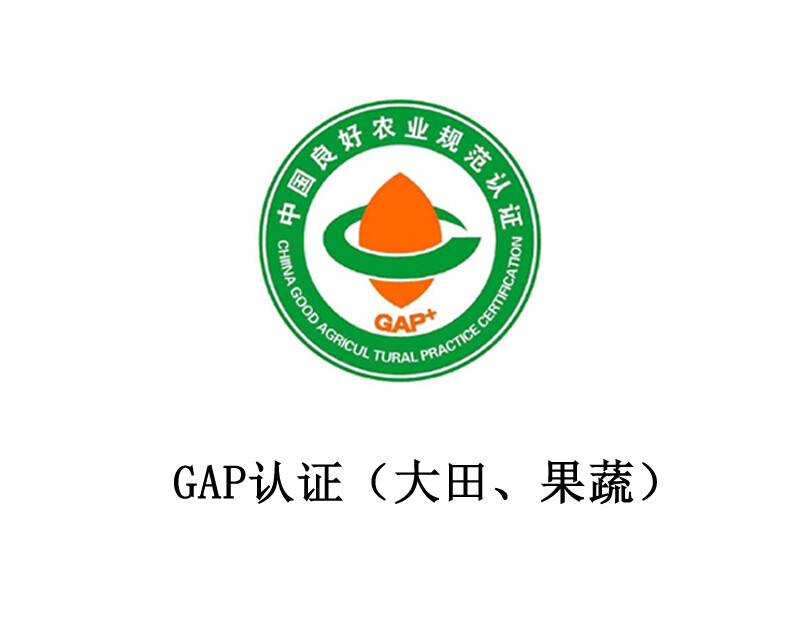Agricultural Product Food Certification Service Network
Technical Support: China Green Huaxing (Beijing) Agricultural Research Institute
Copyright: Guohuan Organic Agricultural Products (Dezhou) Co., Ltd
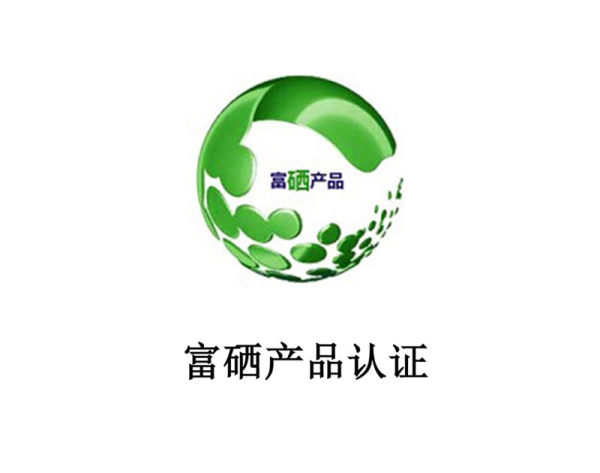
[Introduction to Selenium-Rich Product Certification]:
"Selenium-rich products" refer to products where selenium is absorbed and transformed through biological processes, with production and processing procedures meeting certification requirements, ensuring the product's selenium content reaches certified levels.
Selenium-rich products are categorized into two types: naturally selenium-rich, such as soil-derived selenium leading to selenium-rich agricultural products, and supplemented selenium, achieved through selenium-rich fertilizers in soil or selenium-rich feed for livestock to meet meat selenium requirements.
However, any form of selenium supplementation after harvest or during food processing is strictly prohibited.
"Selenium-rich products" emphasize the biological absorption and transformation of selenium, prohibiting any post-harvest or processing supplementation.
According to certification rules, products without certification are not permitted to use the "Selenium-rich product" certification mark on their packaging.
Selenium-rich product certification is an evaluation activity conducted by certifying bodies to assess the compliance of selenium-rich agricultural and food products in production, processing, and operation, based on technical specifications and implementation rules.
